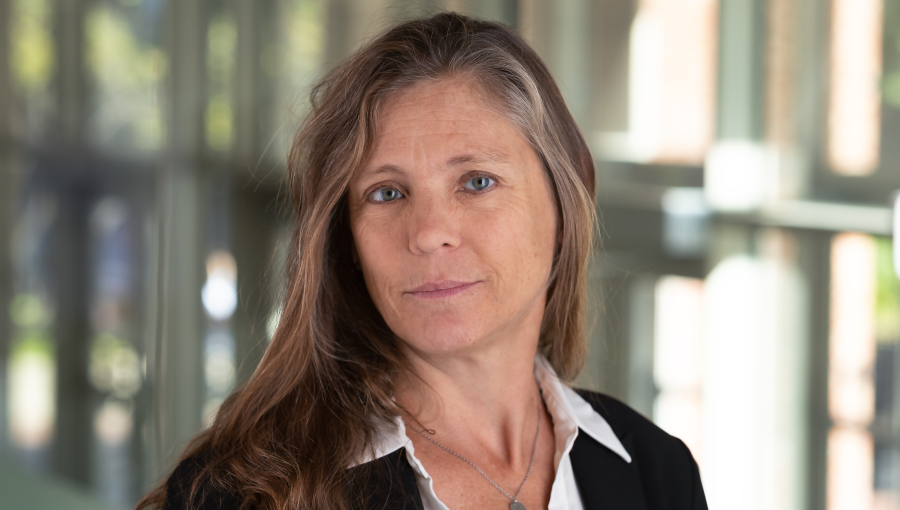Unrest in Cuba: An Online Audio Discussion Hosted by the Guarini Institute
On July 27, 2021, the Guarini Institute for Public Affairs hosted an online conversation called “Unrest in Cuba” about the country’s current political environment. The speakers were Ann Louise Bardach (a prize-winning author, journalist, and expert on Cuba), Guarini Institute Director Federigo Argentieri, and advisors Viviana Mazza, Eduardo Albrecht, Lucio Martino, and Eric Terzuolo.

“Cuba Havana” by @Doug88888
Bardach started by giving an overview of the wave of public rallies in Cuba. On July 11, Cubans took to the streets in 60 cities and challenged the authoritarian regime, shouting “Libertad, libertad, libertad” (freedom, freedom, freedom) which is ground for being arrested in Cuba.
Student Julio Jose Tapia Montanez, asked Bardach about the objective of the protests. She explained that these are the largest anti-government demonstrations in modern Cuban history, and that they are the result of the severe economic crisis and the government’s response to the COVID-19 pandemic. Cubans are enraged due to severe food shortages and their spotty access to the Internet. Bardach, author of Without Fidel: A Death Foretold in Miami, Havana, and Washington (Scribner, 2009), mentioned the symbolic importance of the song “Patria y Vida” (homeland and life) which has been the anthem of the protests defying the national slogan “Patria o Muerte” (homeland or death), which has been Fidel Castro’s mantra since 1958.
Student Carolina Tellez asked Bardach about the United States’ involvement and the role it will play in the future. According to Bardach, remittances to Cuba are believed to represent the island’s third-biggest source of dollars, therefore, she expects Biden to pressure the Cuban government to “get out of the loop” of the payments Americans make to their families in Cuba. Bardach also anticipates that the U.S. government will be sending significant amounts of vaccines, upon being assured that an international organization will be responsible for their administration.
Eduardo Albrecht asked Bardach about Russia’s role. Bardach pointed out that “Russians have stepped into Cuba to fill the vacuum that the Trump era left.” Bardach would not be surprised if Russia began to play an active role in Cuba, because “Russians are good on the cheap” as they have demonstrated through their cyber and electromagnetic weapon capabilities, attacking U.S. Embassy staffers and an array of U.S. company representatives. Nevertheless, given its limited financial resources, “Russia will not be heavily investing in Cuba.” In addition, Biden’s humanitarian food shipments and vaccines would undermine Russia’s meager role in this regard.
Eric Terzuolo asked how well the Cuban government is managing the narrative during the protests. Bardach argued that the Cuban regime has completely lost control. Although the regime has made some efforts to manage the discourse, “nobody buys it.” In fact, the Cuban regime has often selectively denied access to the Internet to its citizens because it knows it will not be able to control the narrative once citizens begin to use social media.
Bardach also pointed out the huge participation and impressive leadership that Afro-Cubans demonstrated during the July 11 protests. In addition, Bardach, commented that American leftist politicians have not accurately or soberly analyzed the situation in Cuba. To some extent, they have misinformed the public and themselves with hopeful, rosy scenarios. Bardach also criticized Black Lives Matter for siding with the Cuban authorities and not supporting protesters, most of whom were people of color.
Lucio Martino argued that it made no sense to talk about Cold War legacy more than thirty years after Gorbachev greenlighted the German reunification. The recently published Russian national strategy made that quite clear. Instead of the Obama Administration’s rapprochement with Cuba, the Trump Administration’s sanctions, and the alleged ambitions of the Russian Federation, the discussion should have focused on the role played by Venezuela in internal Cuban affairs over the last fifteen years. In addition, Martino stressed how one of Biden’s most important political constituencies, Black Lives Matter, openly sided with the Cuban regime, effectively forcing the Biden administration to support a dictatorship, while, in the last couple of weeks, around one hundred and fifty protesters had gone missing, according to The Economist.
As part of her closing remarks, Bardach invited the participants to pay close attention to the Cuban regime’s response, especially whether they will continue large scale arrests, violating the protesters’ civil rights. In addition, she hoped for an improvement of the Cuban-American remittances system, which would eventually help address the economic crisis.
(Carolina Tellez Salinas)





